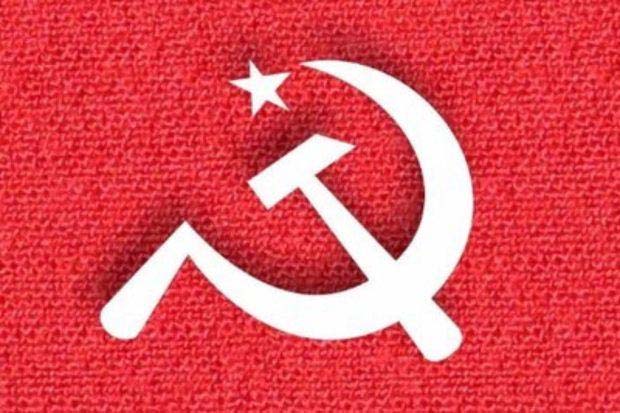In a recent press conference held in New Delhi, D Raja, the General Secretary of the Communist Party of India (CPI), alongside his party colleagues, unveiled a manifesto designed for the upcoming 2024 Lok Sabha election. Their manifesto outlined a commitment to overhaul the governance structure, proposing to bring central investigative agencies such as the ED and CBI under the purview of Parliament. This move aims to ensure impartiality in their investigations, mitigating potential interference and abuse by the Executive branch.
Emphasizing their core values, Raja articulated the CPI’s mission to champion ideals of liberty, equality, fraternity, justice, secularism, socialism, and federalism among the populace.
To tackle the escalating issue of economic disparity, the CPI manifesto proposes a series of taxation reforms, including the implementation of Wealth tax, Inheritance tax, and heightened corporate tax rates. These measures are aimed at fostering a more egalitarian economic landscape.
Additionally, the CPI pledges to persist in their efforts to eradicate the arbitrary 50% cap on reservations, advocating for immediate implementation of women’s reservation policies by eliminating restrictive clauses regarding delimitation and census procedures.
Addressing social and educational disparities, the CPI manifesto calls for the resumption of the National Census and the undertaking of a caste census to inform targeted policy initiatives for marginalized communities.
Furthermore, the CPI vows to advocate for a minimum wage of INR 700 under MGNREGA and an extension of available work days to 200 per calendar year. They also condemn schemes like the Agnipath Scheme for their exploitative nature and promise to reinstate the Old Pension Scheme.
In their pursuit of strengthening federalism, the CPI pledges to abolish the Governor’s Office to curb Union interference in state governance. They advocate for empowering elected state governments to make key policy decisions autonomously.
Moreover, the CPI aims to safeguard the independence of institutions such as the Election Commission of India by minimizing executive interference in the appointment processes of key officials.
In a bid to recalibrate educational policies, the CPI promises to reverse communal changes introduced by the BJP in educational materials and scrap initiatives like the New Education Policy (NEP), replacing them with inclusive models that prioritize accessibility and equity in education.
In their concluding remarks, the CPI urges voters to choose a secular, democratic, and pro-people alternative in the upcoming elections. They liken the current political climate to the struggle against British colonial rule and call for unified action to safeguard the nation, its Constitution, democracy, and livelihoods from what they perceive as the divisive influence of the RSS-BJP alliance.









